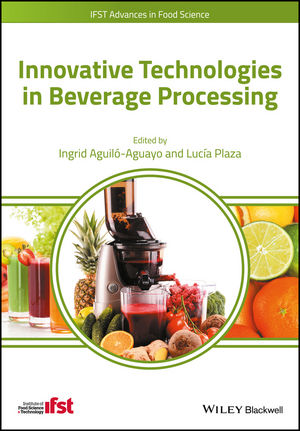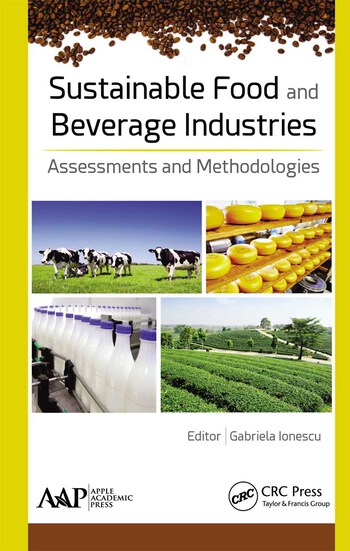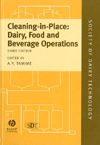New Product Development Supplement: New beverage formulation trends
New product introductions are up so far for the year. Through July 31, 1,670 new beverages were introduced in the United States, tracking 22 percent ahead of where introductions were last year at this time, according to Chicago-based Mintel International’s Global New Products Database.
Alcohol beverages led new product introductions with 543 launches so far this year. In this category, wine stood out with nearly half the new launches in the segment. Wines’ 263 new introductions this year are more than double the number of launches in the wine category last year at this time. Beer and vodka followed in the alcohol category for the largest number of introductions — both almost doubling the number of products released last year at this time.
The coffee, carbonated soft drink, tea, and juice and nectar categories all reported an above average number of launches this year. While most beverage categories are showing introduction numbers above numbers for last year at this time, fruit and fruit flavored still drinks are down slightly for the year. Flavored and bottled waters and energy drinks launches are all down dramatically compared to last year.
Energy drink launches declined the most this year, recording a nearly 50 percent drop. Flavored and bottled waters followed, down nearly 40 percent in the number of launches for the year. The dip in new product introductions correlates to the slowdown in sales the categories are reporting for the year as well. The energy drink category grew nearly 2 percent in U.S. supermarkets, drug and convenience stores and mass merchandise outlets, excluding Wal-Mart for the 52 weeks ending May 16, 2010, according to SymphonyIRI Group, Chicago, which is a much slower rate than the category is used to, showing a maturation of the segment. Bottled water dropped nearly 5 percent in the same channels during the time period, SymphonyIRI says.
PepsiCo is the leader in beverage introductions for the year, with 81 launches reported through July 31, Mintel’s GNPD reports. The debut of the G Series platform of products for the company’s Gatorade brand attributed to the high number of launches. The Coca-Cola Co. followed with 37 new beverages this year.
Kraft Foods and Starbucks both made the list of top 10 companies for new beverage introductions too, both predominately launching new coffee varieties and new packaging options. Kraft Foods also expanded its Crystal Light brand with Crystal Light Pure Fitness in three varieties.
Private label beverage introductions are plentiful this year as well. Aldi Group, Target, Supervalu, Delhaize Group, Kroger and Schnuck Markets recorded more new beverage launches than many beverage companies so far this year.
New product claims
Packaging and health and wellness claims are the leading types of claims made by new products this year. Twenty-five percent of new products made some type of ethical or environmentally friendly claim on their packaging. The eco-friendly claims included information about the package’s recyclability and company’s environmental positioning. New carbonated soft drinks, juices, coffees, flavored waters, teas and wines most often included eco-friendly packaging claims.
Seven percent of new beverages this year made some type of convenience claim about their packaging, according to GNPD. New coffees and wines were most likely to make a convenience claim this year.
In regard to product formulation, kosher remained a top claim of new products this year. No additives and preservatives ranked as the third highest claim for the year, with 12 percent of new products making this claim. New juices, carbonated soft drinks, sports drinks and ready-to-drink (RTD) iced teas were most likely to tout their lack of additives and preservatives. In line with no additives and preservatives, 10 percent of new beverages this year made all-natural claims, while 9 percent made organic claims. New juices and RTD iced teas were most likely to make all-natural product claims, while new coffees, teas and RTD iced teas made organic claims most often.
Premium positioning is another claim made by several new products this year. New coffees, teas and wines were most likely to make this claim.
Low-, no- and reduced-calorie and sugar claims both were made by 8 percent of new beverages this year. New flavored waters, carbonated soft drinks, beverage mixes, and fruit and flavored still drinks made a low-, no- and reduced-calorie statement most often, while new juices stood out as the category making the most low-, no- and reduced-sugar claims. While not a top 10 beverage claim, low-, no- and reduced-sodium statements were made by nearly 28 percent of the new carbonated soft drinks this year.
Rounding out the top 10 new beverage claims, vitamin and mineral fortified declarations were made by 6 percent of new beverages this year. New flavored waters, juices and energy drinks made this claim the most often. BI
Looking for a reprint of this article?
From high-res PDFs to custom plaques, order your copy today!






